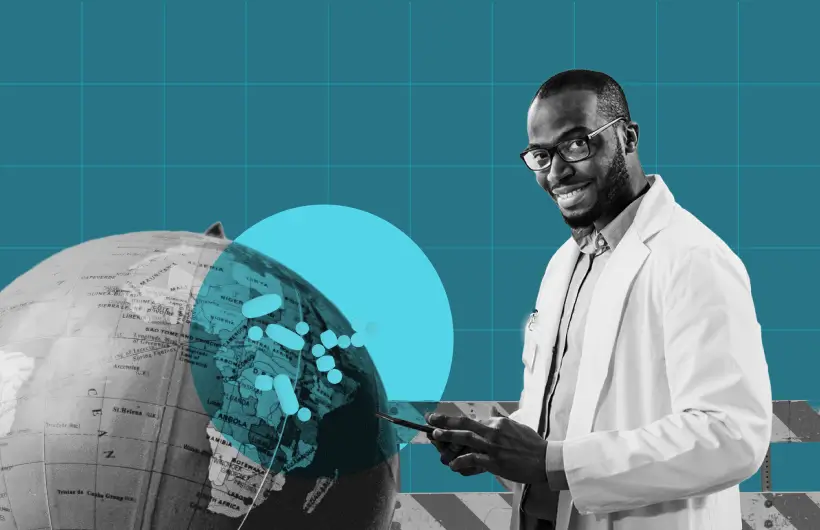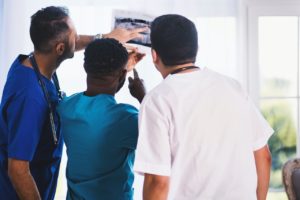
As a result, online pharmacy revenue in Africa has tripled from a pre-pandemic level of $190 million USD in 2019 to over $560 million USD by 2022.1 While online pharmacies provide benefits such as convenience and transparent pricing to patients and consumers, there is an urgent need for robust yet innovation-friendly regulation. This is crucial to address specific risks, including consumer safety, data privacy, and the authenticity of medicines, thereby preventing the distribution of counterfeit and falsified health products.
Early in 2023, with support from the Bill and Melinda Gates Foundation’s Family Planning team, we launched a regulatory learning group with 13 African countries to share the status of regulatory frameworks that enable direct-to-consumer access to essential health commodities (including contraceptives) via online pharmacies.
With support from regulators from Benin, Burkina Faso, Cote d’Ivoire, Ghana, Guinea, Kenya, Mali, Mauritania, Niger, Nigeria, Rwanda, Senegal, and Togo, we completed a landscape assessment of online pharmacy regulations across participating countries and four comparators, across three dimensions: consumer and market readiness, regulatory ecosystem, and online pharmacy regulations; and identified key opportunities and partners for future action. Our latest report describes our findings and examines opportunities for regulatory reform in these markets.
Across the 15 African countries assessed, five of them – Ghana, Kenya, Nigeria, Rwanda, and South Africa, have all published regulations and/or guidelines governing online pharmacy operations, and Ghana has established a government-run, national-scale electronic pharmacy platform to facilitate and oversee all online pharmacy transactions. However, in these countries limitations on products that can be dispensed, physical location requirements and provider roles pose constraints on the operations, impact, and growth of online pharmacies.
To learn more, read the report. A French version is also available here. If you have questions about health tech innovations in emerging markets, do not hesitate to get in touch.
We acknowledge, with appreciation, the additional support for this work that was provided by Boye Yisa, Sieglinder Mghenyi, Dr. Mojisola Odeku (BMGF), Rodio Diallo (BMGF), Kaitlin Christenson (Global Health Visions), Dr. Placide Tapsoba (independent), Dr. Romuald Mbwasi (Apotheker), Jafary Liana (Apotheker), Kariane St-Denis (independent), Yvan J. Agbassi (Enovpharm) and Dr. Elijah Mohammed (independent). Special thanks also to all the regulators for their leadership, guidance, contributions and insights.
This webpage offers a succinct summary of the health tech report, highlighting its key points. However, the full report contains much more detailed and comprehensive information, critical for those seeking in-depth understanding of the health tech sector.
For a complete grasp of the intricate insights and data, it’s highly recommended to download and read the entire report.
Sign up to receive our monthly newsletters.
Our events attendees are carefully curated to advance action. Register below if you’re interested in joining us.
"*" indicates required fields

My title
Lorem ipsum dolor sit amet, consectetur adipiscing elit. Ut elit tellus, luctus nec ullamcorper mattis, pulvinar dapibus leo.